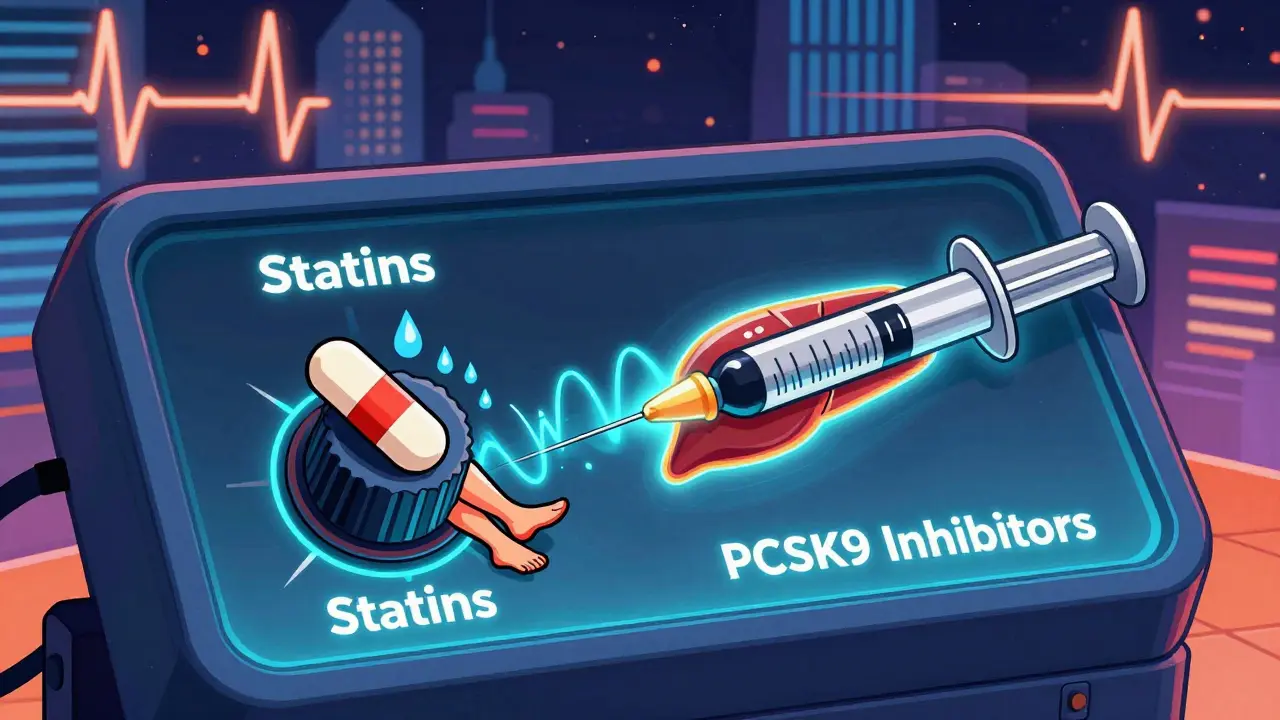Side Effects: What They Are, Why They Happen, and How to Deal With Them
Ever taken a pill and then felt dizzy, nauseous, or just “off”? That’s a side effect – an unwanted reaction that shows up when a medicine does its job. Most of us have experienced one at some point, and knowing what’s normal and what’s a warning sign can save you a lot of hassle.
Side effects aren’t always bad; some are mild and disappear on their own. Others can be serious and need medical attention. The key is to recognize the pattern, understand why it’s happening, and have a plan to manage it.
Common Types of Side Effects
Medications can affect the body in many ways. Here are the groups you’ll see most often:
- Gastrointestinal: nausea, stomach upset, diarrhea, or constipation. Drugs like antibiotics or NSAIDs often trigger them.
- Central nervous system: dizziness, headache, drowsiness, or insomnia. Antidepressants, antihistamines, and some pain meds fall here.
- Allergic reactions: rash, itching, swelling, or shortness of breath. Even a mild rash can be a sign to stop the med and call a doctor.
- Metabolic: changes in blood sugar, weight gain, or loss. Steroids and some diabetes meds are common culprits.
- Organ‑specific: liver enzyme spikes, kidney strain, or heart rhythm changes. These usually need lab tests to spot.
Knowing which category your medication belongs to helps you anticipate what to watch for.
Tips to Reduce and Manage Side Effects
You don’t have to suffer in silence. Simple steps can often make a big difference:
- Read the label: The package insert lists the most frequent side effects. A quick glance before you start can set realistic expectations.
- Take meds with food or water: Some drugs irritate the stomach on an empty stomach. Food can buffer the impact.
- Adjust timing: If a medicine makes you drowsy, try taking it at night. If it causes insomnia, switch to a morning dose.
- Stay hydrated: Water helps flush out excess chemicals and reduces headaches or dizziness.
- Track symptoms: Write down what you feel, when it starts, and how long it lasts. This log is gold for your doctor.
- Don’t mix alcohol: Alcohol often amplifies side effects, especially with sedatives, antidepressants, and antibiotics.
- Ask about alternatives: If a side effect is unbearable, your provider may swap the drug for another with a friendlier profile.
When a side effect feels severe – like chest pain, sudden vision loss, severe rash, or uncontrollable vomiting – seek help right away. Those are red‑flag signals that the medication may be harming you more than helping.
Our portal covers thousands of drug guides, each with a dedicated side‑effects section. Whether you’re looking at melatonin, Zocor, Celebrex, or any other medication, you’ll find clear, evidence‑based info on what to expect and how to stay safe.
Bottom line: side effects are a normal part of taking meds, but they don’t have to derail your health plan. By staying informed, keeping a symptom diary, and communicating openly with your healthcare provider, you can minimize discomfort and keep your treatment on track.
-
 VIEW POST
VIEW POSTPCSK9 Inhibitors vs Statins: Side Effects and Outcomes
Jan, 20 2026|8 CommentsStatins and PCSK9 inhibitors both lower LDL cholesterol, but they differ in side effects, cost, and who benefits most. Learn which one fits your needs based on real-world outcomes and patient experiences. -
 VIEW POST
VIEW POSTHydroxychloroquine vs. Other COVID‑19 and Autoimmune Drug Options
Oct, 9 2025|20 CommentsA practical comparison of Hydroxychloroquine with other drugs, covering uses, safety, cost, and guidance for choosing the right option. -
 VIEW POST
VIEW POSTCordarone (Amiodarone) vs Other Antiarrhythmics: A Practical Comparison
Sep, 25 2025|20 CommentsA detailed, side‑by‑side look at Cordarone (Amiodarone) and its main anti‑arrhythmic competitors, covering mechanisms, safety, and how to choose the right drug for each patient. -
 VIEW POST
VIEW POSTIverjohn (Ivermectin) 2025 Guide: Uses, Dosage, Side Effects, Safety, and Buying Tips
Aug, 27 2025|6 CommentsClear 2025 guide to Iverjohn: what it treats, safe dosing by weight, side effects, who should avoid it, and how to buy legally and avoid fakes. -
 VIEW POST
VIEW POSTXenical: Real Facts, Clinical Uses, and Weight Loss Insights
Aug, 1 2025|13 CommentsGet the facts on Xenical, its real-world uses, effectiveness for weight loss, side effects that might surprise you, and tips for safe results. -
 VIEW POST
VIEW POSTMeclizine: Dosage, Uses, Side Effects & Tips for Nausea Relief
Jun, 27 2025|9 CommentsA deep dive into meclizine—how it works, what it's used for, dosage tips, possible side effects, and real-world advice for handling nausea and dizziness.